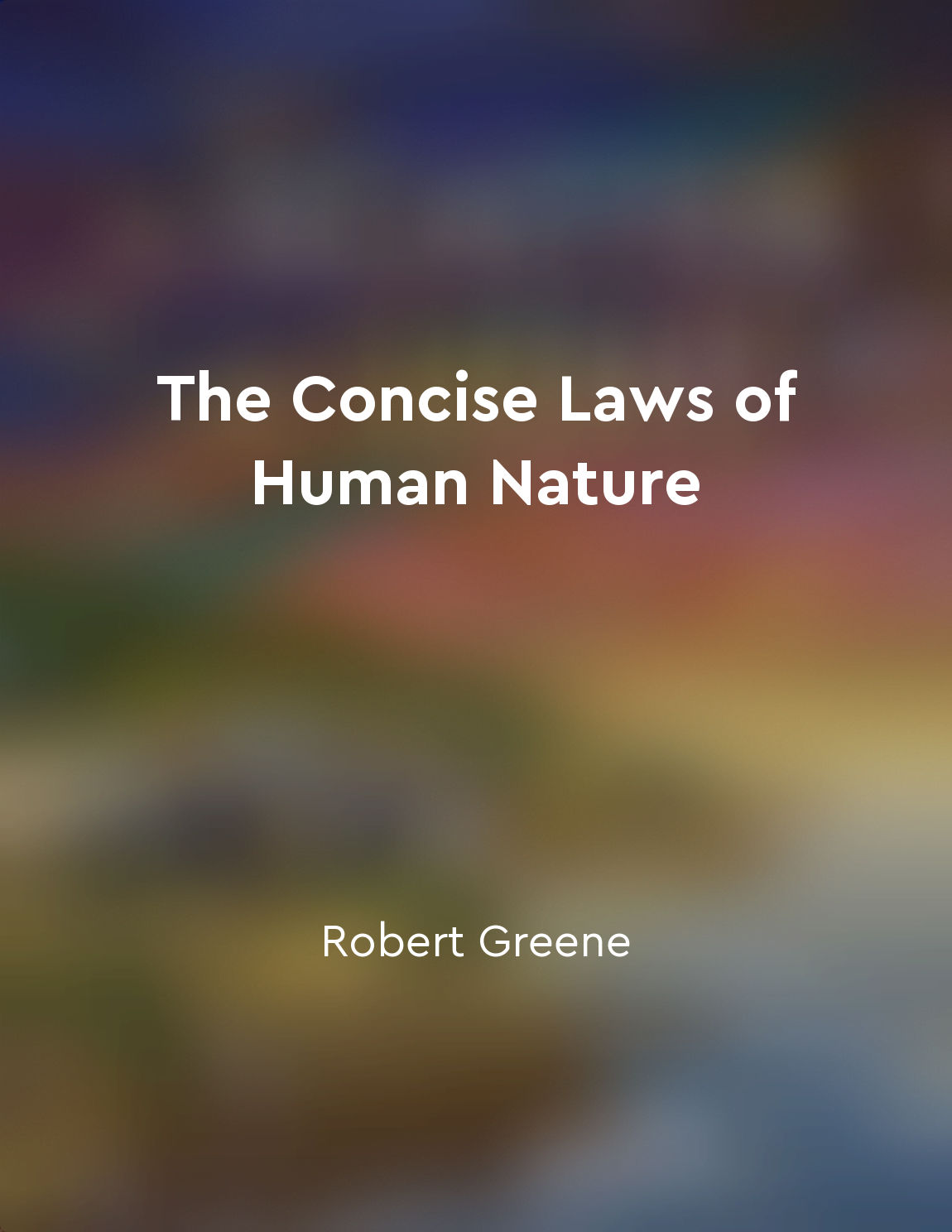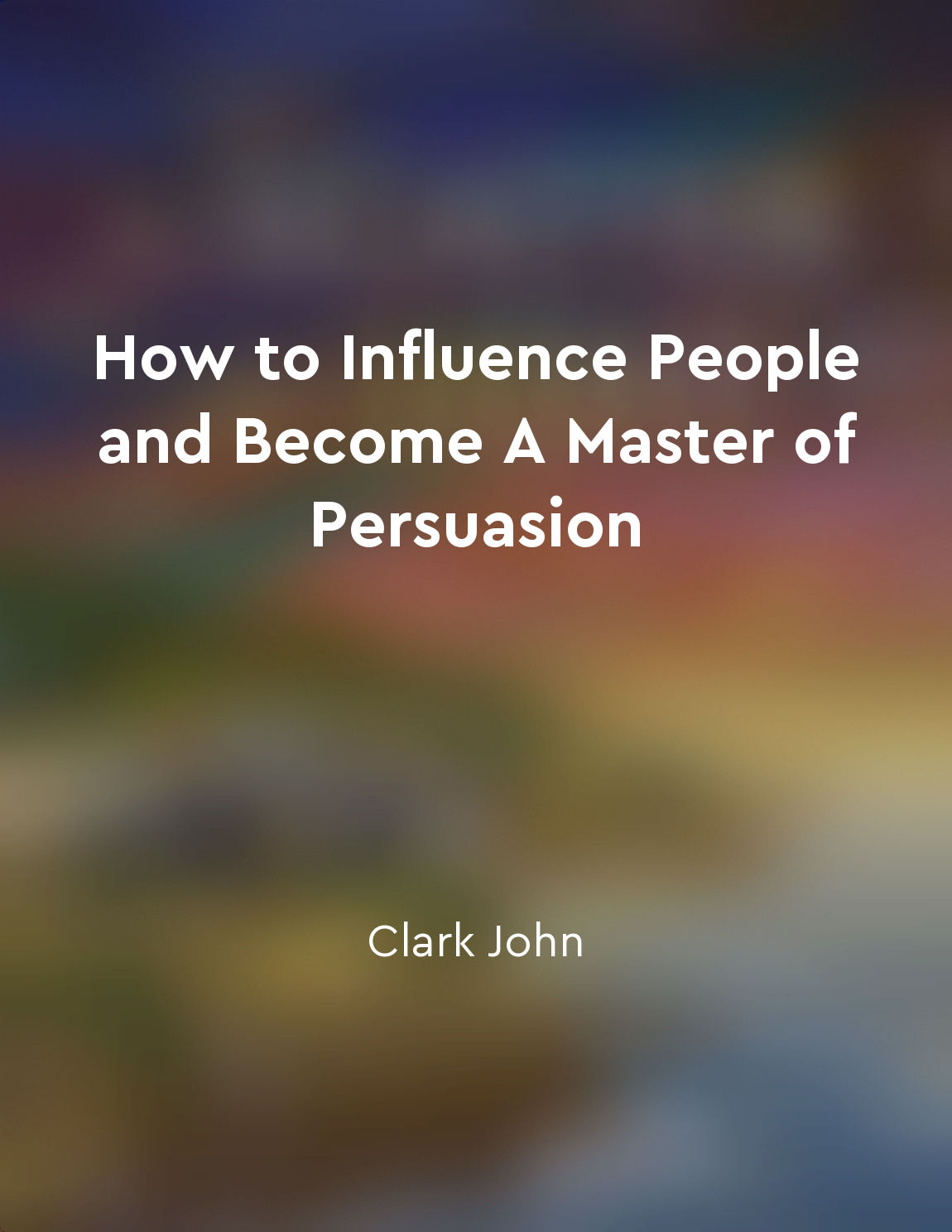Audio available in app
Emotions play a crucial role in decisionmaking from "summary" of The Social Animal by David Brooks
David Brooks delves into the intricate relationship between emotions and decision-making, shedding light on how our emotional responses are not just incidental but rather integral to the choices we make in life. Contrary to the prevailing belief that decisions are primarily rational and logical, Brooks emphasizes that emotions wield significant influence over our thought processes. As human beings, we are not purely rational creatures, but rather emotional beings whose feelings and sentiments guide our actions and decisions. Our emotions serve as a compass, providing us with valuable insights and cues that shape our perceptions and judgments. Brooks argues that emotions are not just fleeting reactions but rather a fundamental part of our cognitive apparatus, playing a crucial role in our decision-making processes. When faced with choices, our emotions come into play, coloring our perceptions and influencing the way we evaluate different options. Brooks illustrates how emotions can lead us down unexpected paths, steering us towards decisions that may not always align with our rational calculations. By acknowledging the sway of emotions in decision-making, we gain a deeper understanding of the complexities involved in navigating the intricacies of human behavior. Moreover, Brooks highlights the interconnectedness of emotions and reason, suggesting that the two are not mutually exclusive but rather work in tandem to shape our decisions. Emotions can serve as a catalyst for action, propelling us towards certain choices while deterring us from others. By recognizing the symbiotic relationship between emotions and cognition, we can gain a more holistic perspective on the forces at play in our decision-making processes.- Brooks invites us to embrace the role of emotions in decision-making, urging us to appreciate the nuanced interplay between our rational faculties and emotional responses. By acknowledging the significance of emotions in shaping our choices, we can cultivate a deeper awareness of the intricate dynamics that govern our decision-making processes. Ultimately, by recognizing the profound impact of emotions on our decisions, we can navigate the complexities of human behavior with greater insight and understanding.
Similar Posts
Setting boundaries is important for selfpreservation
In life, we often find ourselves in situations where we feel overwhelmed, drained, or taken advantage of. It is during these ti...

Group dynamics shape individual behavior in powerful ways
The human being is a social animal, deeply influenced by the groups to which they belong. When you find yourself in a group, yo...
Justice is essential for maintaining societal order
In human society, justice plays a vital role in ensuring the maintenance of order and harmony among individuals. Without justic...
Better understanding of human behavior can improve financial outcomes
In the world of finance, one of the most crucial factors that can influence outcomes is human behavior. By gaining a deeper und...
Honesty is the foundation of trust
Honesty is like the solid base of a building; it provides strength and stability to everything that is built upon it. Without h...
Value constructive feedback
When we seek feedback, we often hope for validation and praise. We want to hear that we're doing well, that our ideas are great...
Resilience can be developed through emotional regulation
The ability to regulate emotions is a crucial skill that can lead to increased resilience in the face of life's challenges. By ...

Consistency is persuasive
Consistency is a powerful tool in the art of persuasion. When we are consistent in our words and actions, we appear more trustw...
Build a strong network
To succeed in business, it is crucial to establish connections with other people. A strong network of relationships can provide...

Acknowledging objections and addressing concerns is necessary
When it comes to persuading others, it is imperative to acknowledge objections and address concerns that may arise. This is a c...

